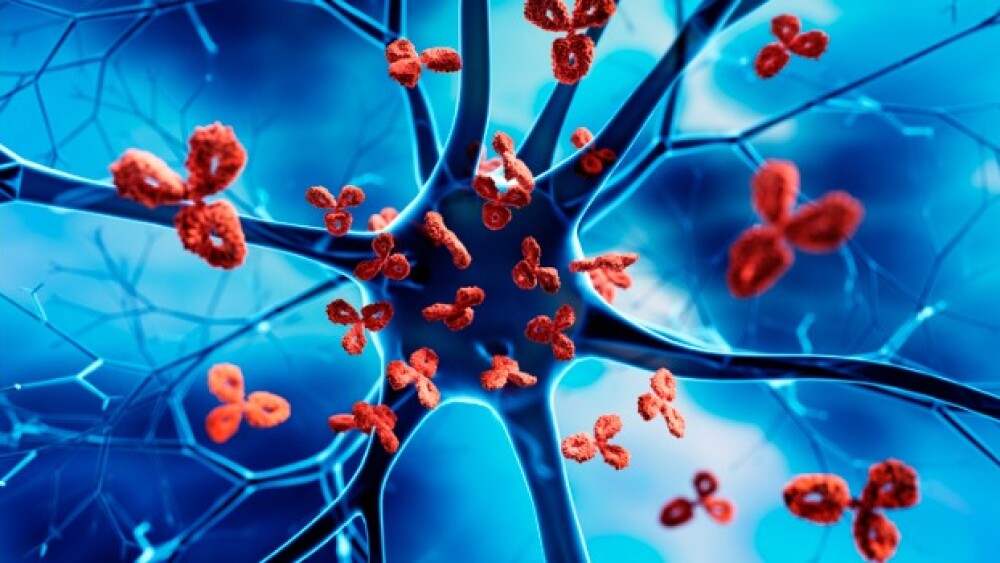Vertex To Stop Selling Once-Upon-A-Time Blockbuster Incivek, Shares Slip
August 13, 2014
By Mark Terry, BioSpace.com Breaking News Staff
Vertex Pharmaceuticals informed healthcare providers in a letter that they would discontinue sales of their hepatitis C medication Incivek® (telaprevir) by October 16th. The letter stated, “This decision has been taken in view of available alternative treatments and the diminishing market demand for INCIVEK.”
Hepatitis C is a viral disease that causes inflammation of the liver. It is believed that approximately 3.2 million people in the U.S. have chronic Hepatitis C infections, but the majority are asymptomatic and undiagnosed.
Approved in the U.S. and Europe in 2011, Incivek was noted for how fast it launched, quickly bringing in $1 billion in sales. The primary competitor for Incevik is Sovaldi® (sofosbuvir), manufactured by Gilead Sciences, which claims a 90% cure rate with fewer side effects. Sovaldi has generated some controversy over its cost, approximately $1,000 per pill with most patients requiring a dosing regimen ranging from $48,000 to $84,000. Costs notwithstanding, Sovaldi prescriptions rose nearly 70% at the beginning of January 2014.
Vertex stock fell slightly, 79 cents, to $85.41, on the Nasdaq exchange in light of the news. The company plans to cut about 370 jobs worldwide, with 175 of those jobs in Massachusetts.
Vertex will shift its focus to cystic fibrosis (CF) treatments, specifically Kalydeco® (ivacaftor). Kalydeco was recently approved in Europe or use in people with CF who are ages 6 and older with one of eight non-G551D gating mutations in the CFTR gene. The drug was approved in June 2014 for CF treatment for a different gene mutation, G551D. In its first six months on the market, Kalydeco generated $212.6 million in sales. Kalydeco, however, is an enormously expensive drug, $300,000, although the company claims most patients pay $15 to $50 per mouth out-of-pocket costs for the drug.
Cystic fibrosis is a genetic disease that affects the lungs and digestive systems. It affects approximately 70,000 people worldwide.





